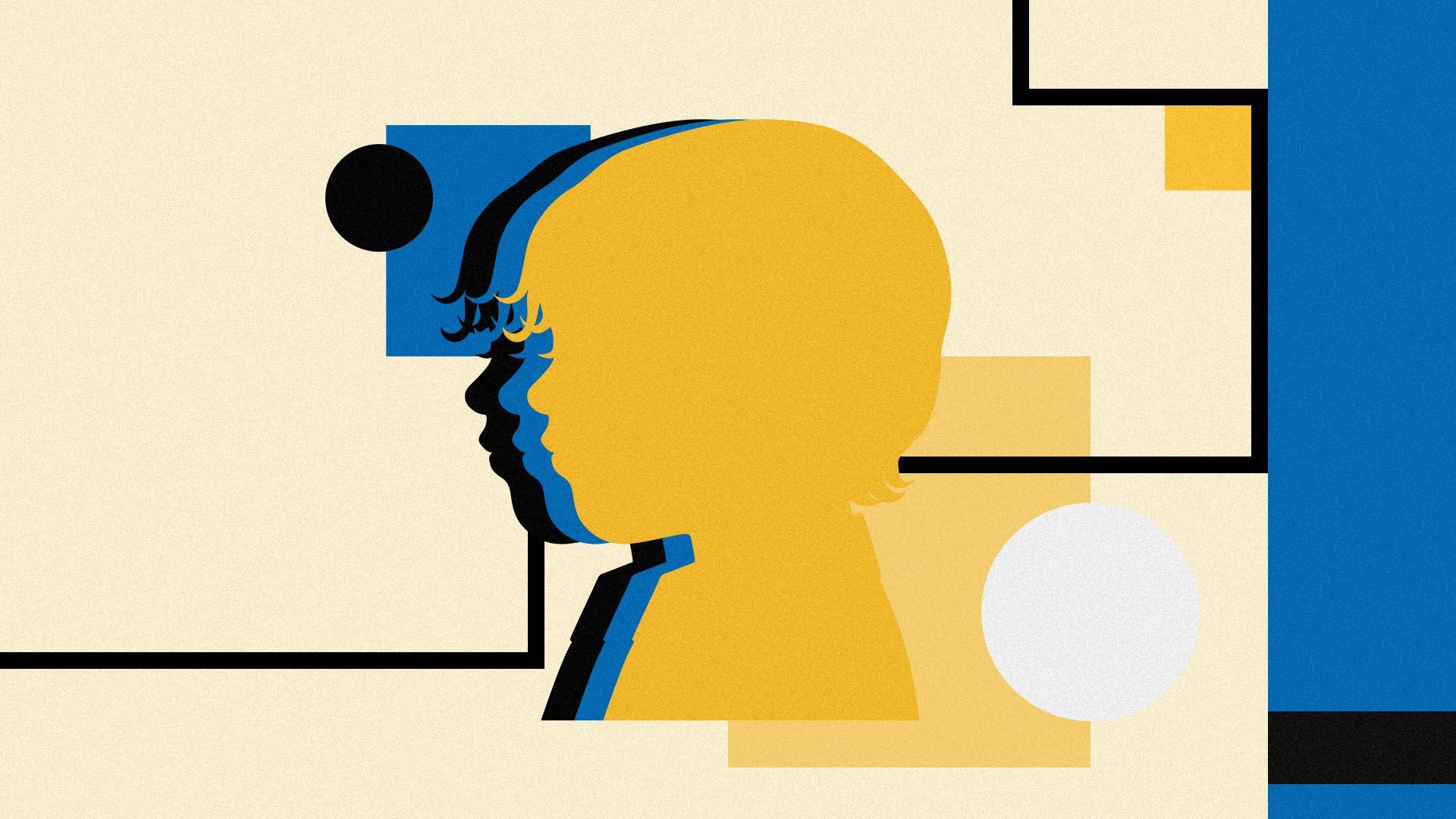The moral fallout of school shooting drills
Add Axios as your preferred source to
see more of our stories on Google.

Illustration: Sarah Grillo/Axios
As a parent, I’m at a loss. Maybe you can help.
What happened: The day of the Uvalde shooting in May, I sat my 3rd-grade daughter down to tell her the news. Her face sank at the number of victims and their ages.
- Then, her reply: "We had a lockdown drill today. There aren't very many hiding places in our room. The good ones all get taken in like three seconds."
Just like that. Flatly. As if she were just thinking out loud about how things work.
- She was sad — but not shocked. The kids in Uvalde probably didn’t have very many good hiding places either. I wonder.
- She also had detailed questions: How did the shooter enter Robb Elementary? Did he know one of the kids or teachers? Were there kids who weren’t shot? Had they done something differently, that helped?
I had expected a conversation about sadness. Instead, she went straight to risk assessment. Because it could have been her.
Why it matters: Kids in Salt Lake are role-playing this nightmare in drills multiple times each year.
- A clinical attitude might help children avoid anxiety when they have to repeatedly imagine they are being hunted while an employee rattles their classroom door to make sure it’s locked.
- But forcing children to emotionally normalize mass violence in schools — like it’s inevitable — feels morally disastrous.
The bottom line: I’m not sure what’s worse — my child being emotionally distraught about school shootings, or my child not being emotionally distraught about school shootings.
